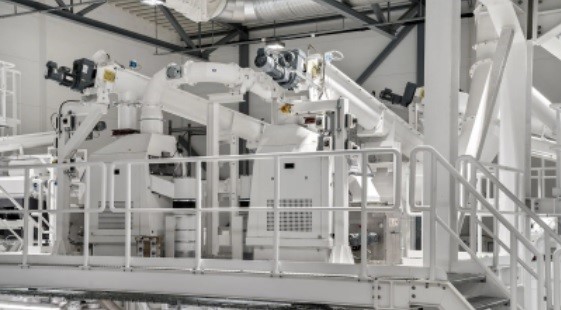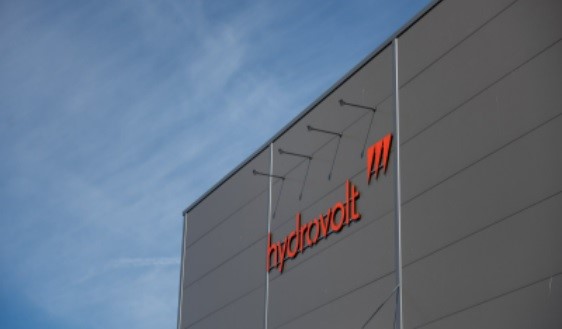

Together with Northvolt, Hydro has come up with Hydrovolt, a battery recycling joint venture, which has begun commercial recycling operations at its facilities in Fredrikstad, Norway. Considered Europe’s largest electric car battery recycling operation, Hydrovolt has the capacity of processing 12,000 tonnes of battery packs per year or around 25,000 EV batteries.

With the factory up and running, Norway now has a long-term option for handling the full volume of electric car batteries approaching end-of-life. Up to 95 per cent of battery metals, including aluminium, plastics, copper, and black mass, a powder comprising nickel, manganese, cobalt, and lithium, may be recovered from batteries using Hydrovolt's fully automated recycling process, which will be given to Northvolt for further recycling.
Hydrovolt aluminium will be provided to Hydro for recirculation into commercial grade aluminium products. Inside the factory, there are many unique innovations meant to maximise material recovery, including a dust collecting system that guarantees precious material lost during mechanical recycling phases is collected.
Hydrovolt is looking at expanding its recycling capacity in Europe, with a long-term goal of recycling 70,000 tonnes of battery packs by 2025 and 300,000 tonnes by 2030, which translates to about 150,000 electric vehicles (EV) batteries in 2025 and 500,000 in 2030.
“Hydrovolt represents a milestone on Norway’s trailblazing journey towards widespread electric transportation. Norway has been leading the world in adoption of electric vehicles for some years, but what has been missing is recycling capacity to ensure a sustainable solution for those batteries as they reach end-of-life. Today, Hydrovolt is scaled to handle the entire volume of end-of-life batteries in Norway, but we’re now looking towards expanding to ensure we’re prepared for the higher flows of batteries we know are coming,” said Peter Qvarfordt, CEO of Hydrovolt.

Battery recycling will directly contribute to the battery industry's long-term viability and is required to comply with growing European battery laws, including upcoming mandated recycling objectives. The recovery of black mass will lessen today's reliance on mining for basic raw materials, as well as the hazards and vulnerabilities that these operations entail.
"Batteries play a key role in the world’s transition to renewable energy. Through Hydrovolt, we are laying the foundations for a sustainable and circular supply chain for batteries in Europe. Batteries reaching end-of-life will get a new life through the recovery of black mass and aluminium. Aluminium can be recycled with only 5% of the initial energy required to produce primary aluminium, which makes it a perfect material for a circular economy," said Arvid Moss, Executive Vice President in Hydro.
A hydrometallurgical process, such as the one being developed at Northvolt's Revolt Ett recycling facility in Skellefte, Sweden, is required to convert black matter into battery-grade material. Hydrovolt expects to generate approximately 2,000 tonnes of black mass per year from its Fredrikstad plant by 2025.
“Recycling end-of-life batteries is a cornerstone to ensuring the electric vehicle transition is a true success from an environmental perspective. The metals used in battery production are finite, but by substituting raw materials mined from the Earth with recycled materials we can not only cut the carbon footprint of batteries but enable the sustainable long-term use of li-ion battery technology,” said Emma Nehrenheim, Chief Environmental Officer of Northvolt.
Responses








